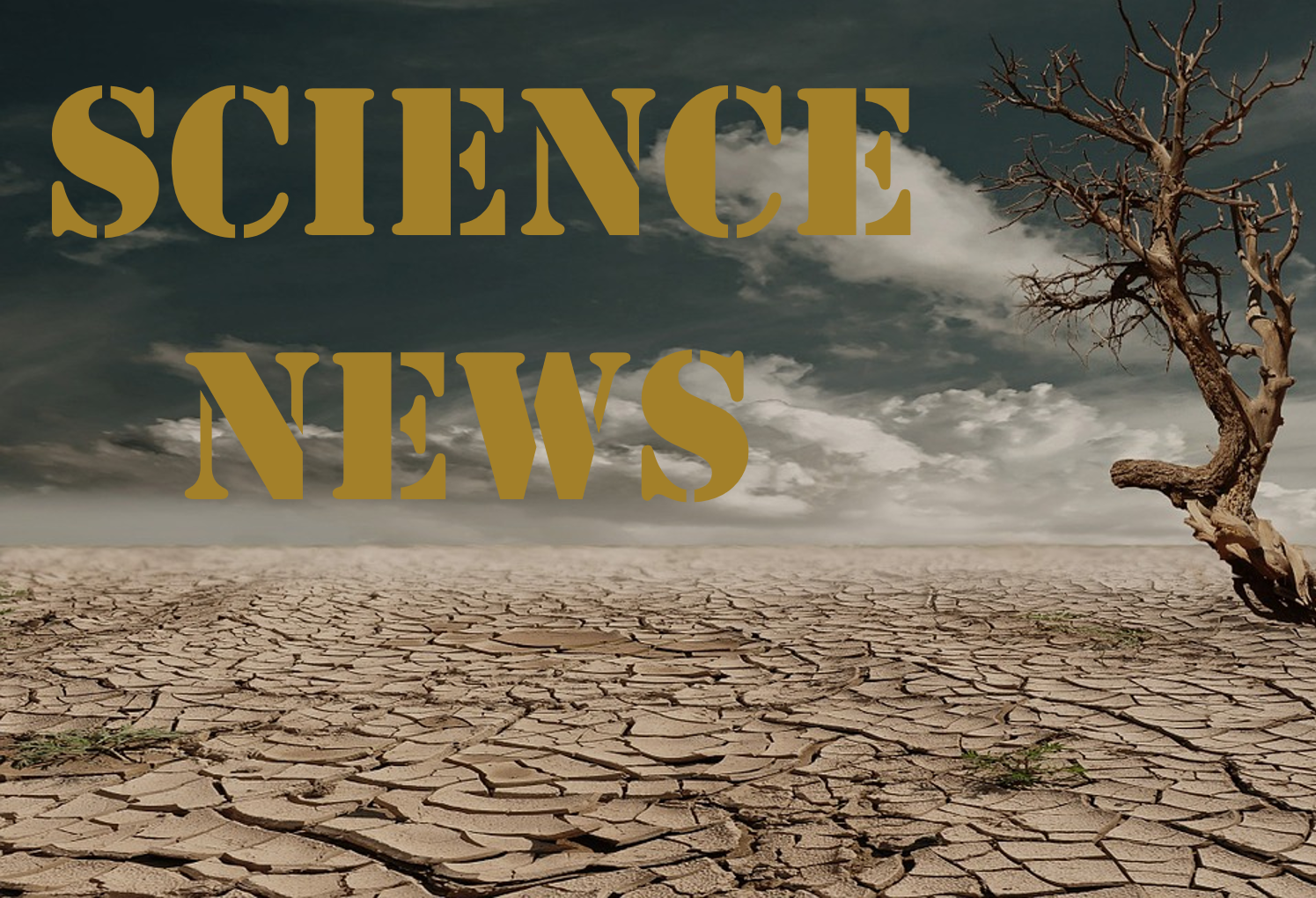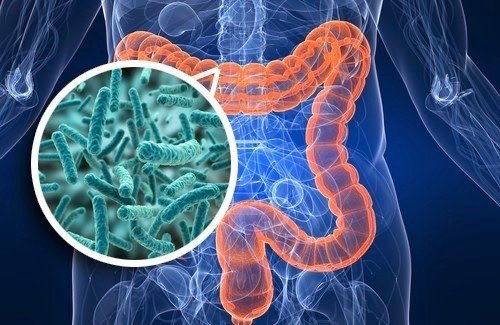Scientific News #7 - Southern African Scientist face ‘Day Zero’
Scientific News #7

Source of Original: pixabay
Topic #16: Drought affects Health & Research Facilities
A megadrought in South Africa is causing water shortage in the world's first major city, Cape Town. The water reservoirs are already alarmingly low and the citys' government estimates that they will only last until April 12th.
Thereafter, all taps and water supplies will be turned off, except those for essential services, like for hospitals. The remaining 4 million residents will have to pick up rationed water at about 200 distribution points. Of course, one is afraid of this critical situation and its potential for anarchy.

The current surrounding of Cape Town
Source: CN Traveler
Local academic research groups are also concerned about their future water supply and how it will affect their work and staff. Researchers have already taken measures in order to best prepare for the upcoming water shortage and try to render studies to a water-independent way.
Particularly affected are life- and bioscience studies, which often require the care for lab animals. Even chemical experimental arrangements with the risk of burns, explosions and chemical injuries are severely restricted for safety reasons.
Reference:
- A. Maxmen As Cape Town water crisis deepens, scientists prepare for ‘Day Zero’ Nature News, 2018
Topic #17: The thinnest Mirror conceivable
Scientists from Harvard University and ETH Zürich independently developed the thinnest mirrors conceivable. They consist of a monolayer of molybdenum selenide, MoSe2. A monolayer is the smallest possible film of a chemical substance that can be realized without altering its composition, i.e. the the molecular ratio of the atoms involved and their arrangement.
These novel mirrors are able to reflect up to 85 % of light that was shone on them. The systems could prove to be of high importance for the future development of ultra small optoelectronic devices that enable information processing on a previously unseen scale, the researchers claim.

Illustration of a single monolayer acting as a mirror
Source: APS Physics
Although it is known that reflection is basically a surface phenomenon, which primarily depends on the first few atomic layers of a material, the development of monolayered mirrors is indeed astonishing.
However, a reflection efficiency of 85 % may still be limiting for some applications. For example take five consecutive mirrors of this efficiency: They will transmit a light pulse with a residual intensity of about 44 %. For 10 mirrors, this value drops even to < 20 %.
For more have a look at their publications:
- P. Back, et al. Phys. Rev. Lett., 2018, 120, 037401
- G. Scuri, et al. Phys. Rev. Lett., 2018, 120, 037402
Topic #18: Fitness-supporting Bacteria
The bacteria that live in us make up about 90 % of all living cells of our body and are collectively referred to as our microbiome. In recent years, their influence on our health and wellbeing has become more and more evident.
Molecular biologist Jonathan Scheiman wondered if the interconnection between our bacteria, most of them colonized in the colon, could also have a significant impact on our physiological performance.

Source: Medium
He collected and analyzed the faeces of excellent marathon runners. Then he sequenced the extracted DNA to identify the bacteria of the runners' guts and looked for a correlation between fitness and the colons microbiome.
Bacteria do have proven effects on our energy metabolism, thus it is straightforward to screen for the most promising ones, that enhance humans endurance, protein metabolism and muscle turnover. Among the correlations found are bacteria that degrade lactic acid, dietary fiber and complex carbohydrates.
So far these are only statistical correlations. Scheiman wants to cultivate the bacterial strains and test their application in terms of functionality and safety. Based on this, he would like to develop probiotics and distribute them with his company FitBiomics.
Reference:
- M. Torrice, Do athletes’ microbiomes make them fitter than the rest of us? C&EN News, 2017, 95 (37), pp. 26-27
Economic-scientific Note
Alzheimer's disease is so far one of the least understood pandemic disorders of modern society. Billions of dollars have been invested in a considerable number of clinical trials over the past few decades and yet no promising drug has been found. Depressing for all concerned.
Now it becomes noticeable that the frustration in this area of pharma-ceutical research has grown enormous: Pfizer, one of the largest pharmaceutical manufacturers in the world, just announced that they will stop their Alzheimer's research, after decades of active work. - Ref.
For previously presented topics have a look at:
- Happy Scientific News #5 – Merry Research Edition
- Scientific News #6 – Fact-astic New Year's Eve Edition!
Please consider upvoting or restreeming to promote this kind of work. :)
mountain.phil28
Being A SteemStem Member
A lot of information in your post, I love it. Worrying about what is going on in Cape Town, whereas here in Europe it's raining all the time, drought is the order of the day. For Alzheimer's disease, it's sad. I lost my mother as a result of this illness and I really hoped that we could finally find solutions to cure this.
I am very sorry for your loss! I also hope that some really clever scientist at some point comes up with a cure.
I was mostly intrigued by the fitness-levels associated bacteria!
As for the last one, it's just sad, but when research comes to a dead-end what can you do?
Yes I would easily turn out to be regular customer at FitBiomics. 😎
Mhmmmm a inspiring ways of tackling this problem are needed... :-(
Very interested A lot of information in your post, I love it
Lots of info and great photos! Nice work.
this was nearly heart breaking! Good on you for writing